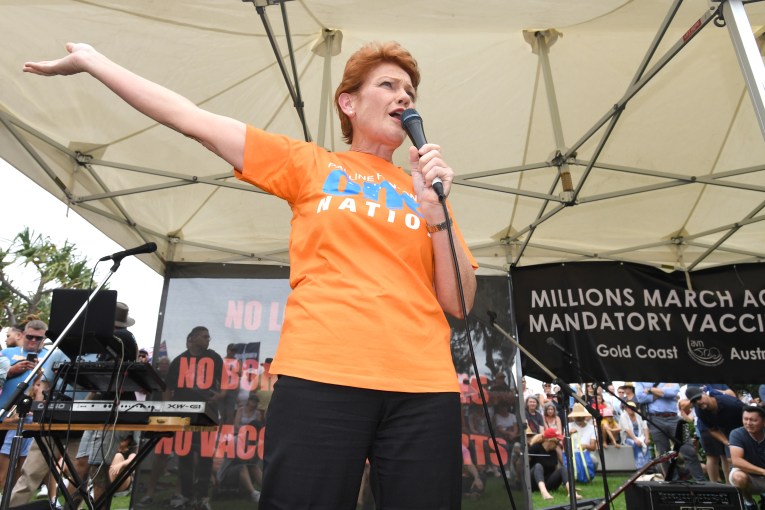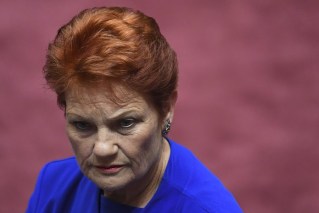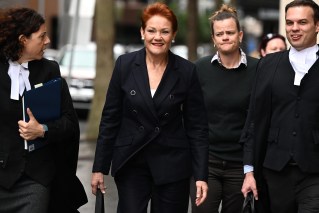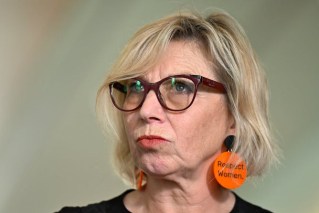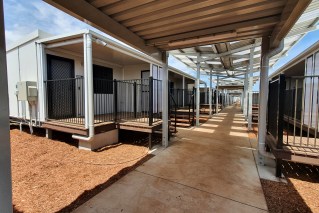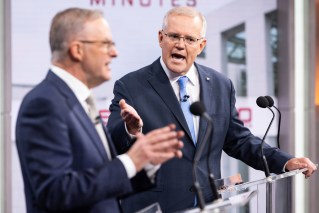Rare break for regions as return of fuel levy takes time to flow to bowser
Regional areas could continue to benefit from lower-taxed fuel for several weeks, despite the government reinstating the excise.
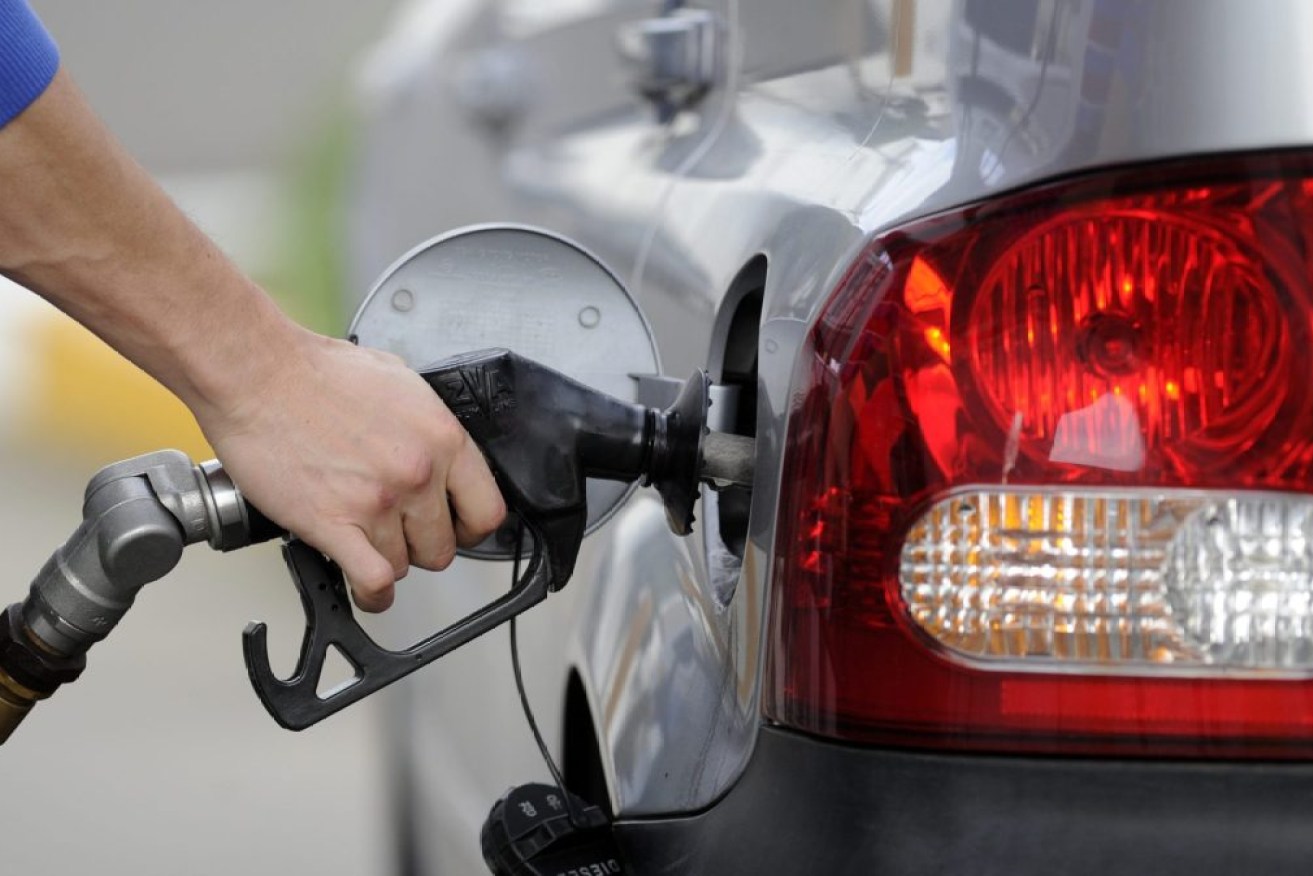
A plunge in the oil price could impact the Australian economy (Photo: AAP Image/Julian Smith)
The Morrison government halved the fuel excise from March for six months in a bid to reduce pressure on the cost of living, but the excise will come back on next week.
City-based petrol stations are likely to have to buy fuel at the higher price sooner than regional stations because of higher turnover.
The NRMA’s Peter Khoury said no motorists should see the increase immediately, and his motoring organisation as well as the consumer watchdog would be keeping a close eye on the matter.
“It will take several days in the capital cities and possibly even longer – up to two weeks – in regional areas,” he said.
“That is because service stations will already have existing stock before they go and restock fuel at the increased rates.”
Treasurer Jim Chalmers said there would be more than 700 million litres of lower-excise fuel in the system when the excise is reintroduced, so the price should not shoot up immediately.
Liberal MP Russell Broadbent said the cost of fuel was important for people in regional areas.
“Our trips are longer … therefore an increase in the fuel excise coming shortly will have a big impact on the regions,” the regional Victorian MP told the ABC.
“And we don’t have the public transport out here that our city counterparts have.”
However, he did not insist the excise “holiday” should continue because it was an expensive impost on the federal budget.
On Monday, the Australian Institute of Petroleum reported the national average unleaded petrol price fell by 0.9 cents a litre last week to a nine-month low of 163.5 cents a litre.
CommSec estimates it is costing the average family $228.90 a month to fill up the car, well below the record high of $297.50 a month in March.
Experts admit the key driver of bowser prices is the global oil price, which has been under pressure due to Russia’s war in Ukraine.
Bowser prices are only likely to drop when the global price starts to stabilise.
Australia is supporting a price cap on Russian oil exports, which Chalmers said would help address the problem.
However, he noted there are some “considerable implementation issues” for the G7 nations and Australia in putting the cap in place.
“There is no downside to Australians participating in this effort, but potentially there is some upside and that’s why we want to be part of it,” Chalmers said.
Meanwhile, the Parliamentary Budget Office is expected to release a paper on Wednesday explaining fuel taxation in Australia and the impact of government policies.
